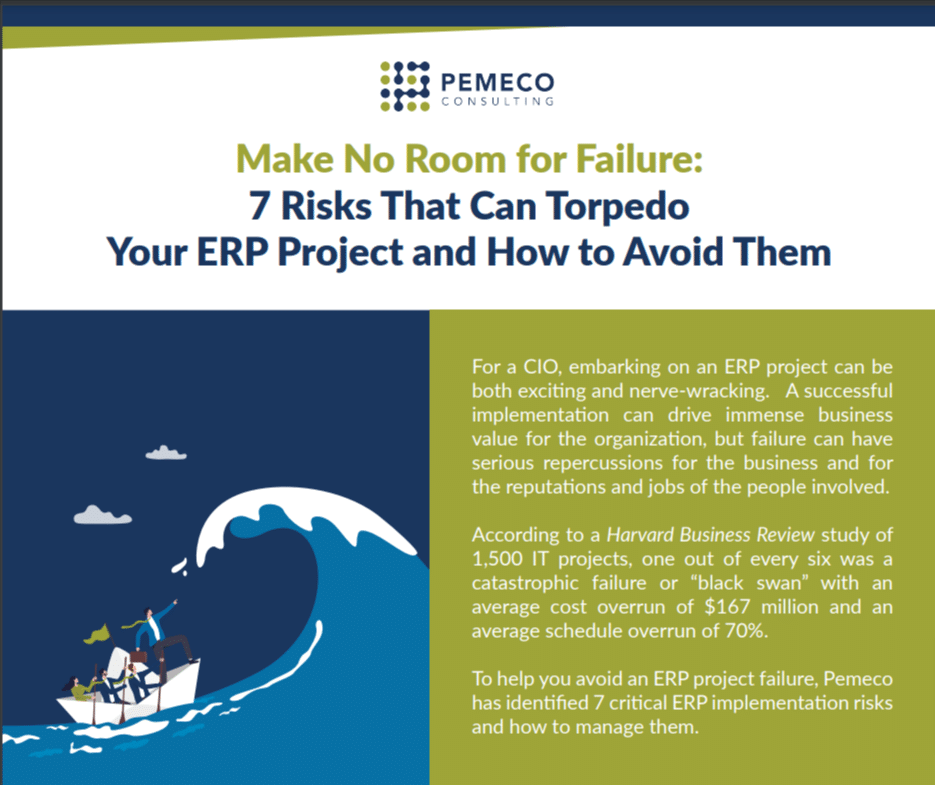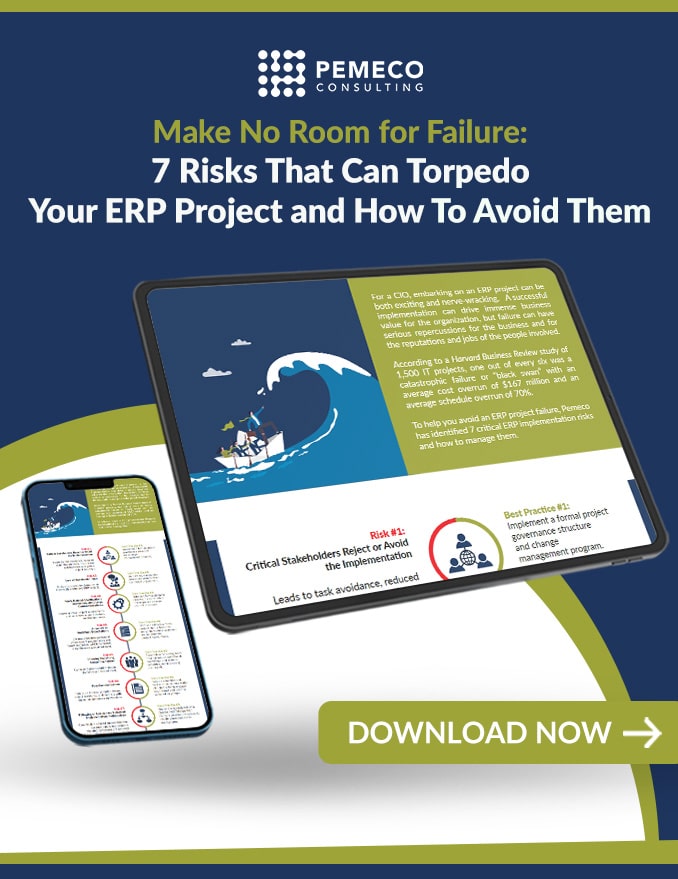Tip #3: ERP Project Managers: Your Allegiance Is To The Project
Sometimes, an ERP project manager takes comfort in the fact that he’s unpopular with the executives. Sometimes, tension during an ERP implementation project is a sign that things are progressing just fine.
Tension is natural. The executives’ business priorities oftentimes conflict with the project priorities. If the ERP project manager was worried about pleasing the executives, he’d probably tell them: “don’t worry, we’ll get to this pesky project when you have some free time”. And, guess what? The project would be delayed and would come in over budget. The project manager might end up fired for poor management.
The project manager’s concern for executive satisfaction should only kick in at the completion of the project. Until that time, his sole focus should be on achieving a successful project. Success generally means:
- Completing the project on time
- Completing the project within budget
- Achieving a level of quality that is acceptable to sponsors and stakeholders.
Given the finite nature of the project, time is of the essence. To get it right, the first time, the project manager must demonstrate to the steering committee why success depends on their time. He must make them understand that – since business decisions drove the IT investment – business decisions must drive the technical implementation. The steering committee is responsible for making those business decisions.
Given the compressed timeline and the interdependence of project phases, any delayed decision can cause a logjam. To keep the project flowing, the project manager has to get the steering committee to agree to a formal meeting schedule. During those meetings, the steering committee reviews progress and makes decisions. The project manager should also establish an ad-hoc process to address urgent issues that cannot wait until the scheduled meeting dates for resolution.
In next week’s ERP implementation tip, I’ll talk about how the project manager filters the steering committee’s decisions down to the core team.
Good luck with your ERP implementation projects!
Your POV (post your comments below)
- Who did you assign as internal project manager? IT manager, independent consultant, CIO, other?
- Why was this person chosen for the job?
- Was this person capable of influencing the Steering Committee?
- Did this person make an effective project manager? Why or why not?
In this series of weekly ERP project management tips, we walk you through an ERP implementation project using Pemeco’s “Milestone Deliverables” project management methodology.
You can buy our project management book and CD of template forms “Milestone Deliverables: The Hands-On Approach to Implementing ERP Projects”. Click here to learn more. Learn about our ERP implementation services by clicking here.
Want to avoid ERP implementation failure?
Download The CIO’s Guide to Preventing ERP Implementation Failure.






